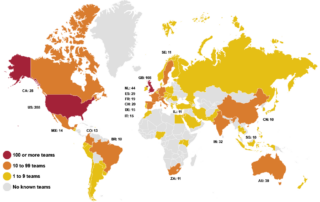Homobiasos: The Species That Rationalizes With Eyes Wide Shut
We humans like to believe we’re rational. Some accept they are “a little biased.” However, our reasoning often serves a deeper purpose—to protect our sense of self. Homobiasos explores how the human species justifies, reinterprets, and anesthetizes what is true in the name of morality and emotional stability.










